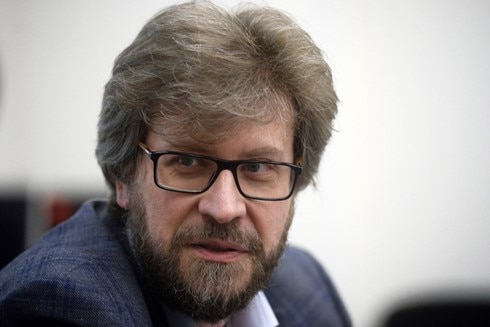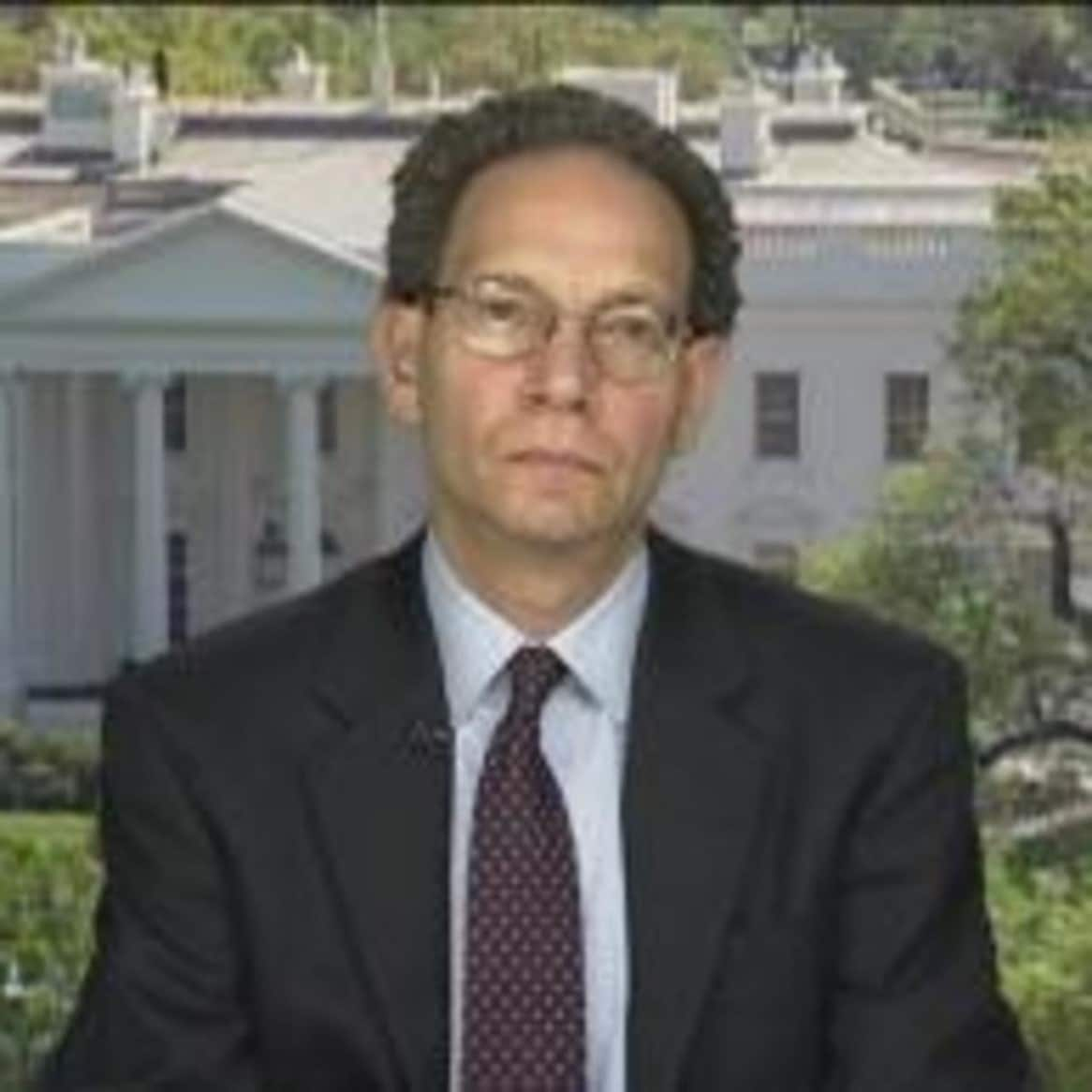'Foreign Affairs' magazine, recently published an article by Charles Kupchan, a leading foreign policy analyst titled 'The Right Way to Split China and Russia'[1] in which he advised the Biden Administration to back away from its ideological confrontation from Russia, because it was not enough to strengthen America's alliances against China, but it was necessary also to weaken China's alliance system. Fedor Lukyanov, the editor of Russia in Global Affairs, acknowledged the sensible attitude in part of the American foreign policy establishment that realized that it was counterproductive to impose liberal views upon Russia. Nevertheless, he rejected the overtures by Kupchan, although he conceded that Russia and China could soon have differences and China's rise could breed excessive arrogance. The experience of Russia with the United States was negative and Russia needed a balance of interests that could hardly be achieved by jettisoning its most important neighbor.
Lukyanov's article follows below:[2]

Fedor Lukyanov (Source: Rg.ru)
"The idea has existed since the moment the US realized that with the success of the market economy, the PRC transformed not into a geopolitical partner, but into a powerful rival. The Barack Obama Administration already embarked on a course to contain Beijing; under the Trump Administration this became an obsession. Biden not only didn’t change his predecessor’s policy, but made it much more consistent. Correspondingly, the idea of preventing China’s rapprochement with Russia has been around for a long time. Trump intended to make Moscow’s break with Beijing the basis of his Russia policy, but it didn’t work out. And now they are having another go at it.
"Kupchan’s recommendations do not fully fit withing Biden’s policy. The current president stresses that China and Russia create the cornerstone of the 'unfree' world, which struggles against the free world and tries to undermine it. At this stage, Washington’s goal is to rally allies and recreate the 'collective West' according to the Cold War model. To achieve this, one needs a 'collective East' and a semblance of ideological conflict. The Biden administration is disinterested in the separation of the main opponents, but, on the contrary, in their consolidation, to make threat more credible.
"These tactics proceeds from the fact that sooner or later Russia and China, being both major powers and occupying the same geopolitical space, will still come into conflict. So, for now, let them have their fun. However, according to Kupchan’s idea, even a tactical rapprochement of Beijing and Moscow complicates American policy. Therefore, it should be reversed.
"This in turn requires abandoning the ideological approach even verbally: avoid placing the confrontation between democracy and autocracy at the forefront. Regarding this, a few months Kupchan and his venerable co-author Richard Haas, head of the Council on Foreign Relations wrote a high-profile article about the new 'Concert of Powers.' They claimed that one shouldn’t impose and demand from anyone compliance with liberal standards, but instead to accept important players as they are. This is, perhaps, the main lesson that a sensible part of the establishment has learned from the 21st century’s experience.
"However, application-oriented suggestions demonstrate that the American political consciousness is ill-prepared for a 'diffuse', non-hierarchical world. The authors believe that Russia’s drift towards China is forced and related to the sharp deterioration of relations with the US and Europe. Moscow feels uncomfortable and seeks support. China is right there, but Russia cannot but understand that the asymmetry [in the two countries relations] will grow, Beijing’s advantage [over Moscow] will increase, and the result will be either dependence or proliferating conflicts. Charles Kupchan believes that Washington should offer Moscow an alternative: developing relations and economic and technological cooperation (including support for Russia in its transition from a resource-based economy to a more modern one). In this case, according to the author, the Kremlin, which already fears a future Chinese dominance, will turn to a more flexible policy."

Charles Kupchan (Source: France24.com)
"The fact that Russian-Chinese relations won’t be serene in the coming years is hardly a sensation. Between, the two great powers, which are unaccustomed to compromising their interests, contradictions are inevitable. (All the more so since China is on the rise not only in terms of capabilities, but also in terms of self-esteem, which can lead to excessive arrogance.) Kupchan is right in this regard. The rest of his plan won’t work.
"First, the level of distrust between Russia and the US makes it impossible to count on serious geopolitical cooperation; the [previous] the experience is extremely negative. The idea that the Americans will help the Russians to modernize can only elicit smiles. Why would they engage in such a project considering fierce international competition and the absence of the slightest possibility that Russia will become an ally of America?
"Second, the Russian-Chinese contradictions in Eurasia would be prominent if both Moscow and Beijing were engaged in expansionist policies and blatantly played a zero-sum game. This is not the case, not because of some mutual sympathy, but because both countries are increasingly concerned in dealing with their own problems and maintaining domestic stability. The examples provided by Kupchan (China’s activity in the Middle East, Central Asia or the Arctic) may not match Russia’s own objectives, but Beijing is concerned with its own interests, and doesn’t follow a policy of systemic opposition to Moscow in contrast to Washington’s policy of [blanket] opposition.
"Finally, Kupchan argues that Russia itself is well aware of the dangers of its course toward China and wants to modify it. But if we look impartially at the issue at hand, it is unclear why Moscow would want to worsen relations with its main neighbor (whose growing power no one denies) by turning to a faraway country, which is focused on 'contraction' and mobilization for its own very specific agenda. Let’s bear in mind that the history of US-Russia relations is sharply conflicted. It’s understandable, why it’s necessary to look for a delicate system of balances.
"But Russia’s shift towards the US, which acts as the main opponent of China (Moscow’s most important neighbor and partner) has no rational ground. Using Kupchan’s metaphor, Russia doesn't need foreign matchmakers to annul or conclude marriages.








